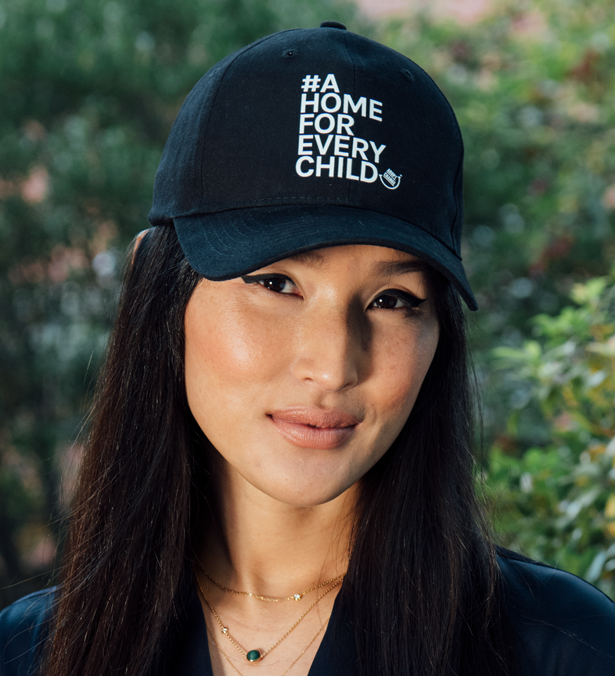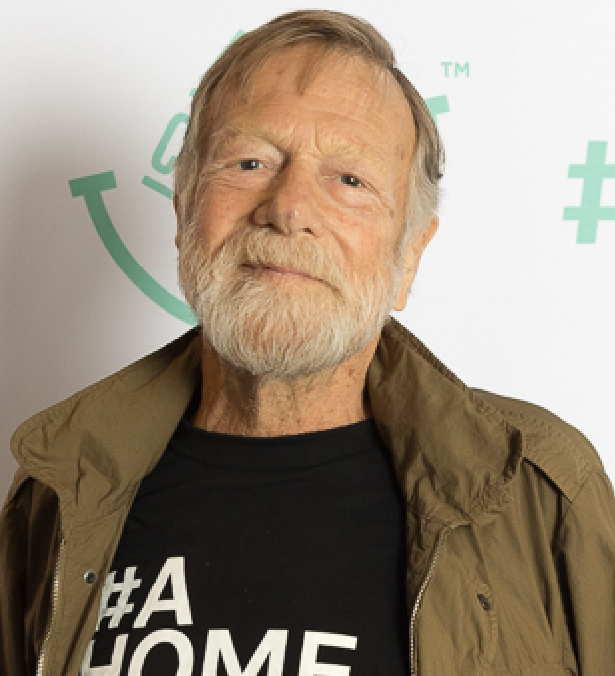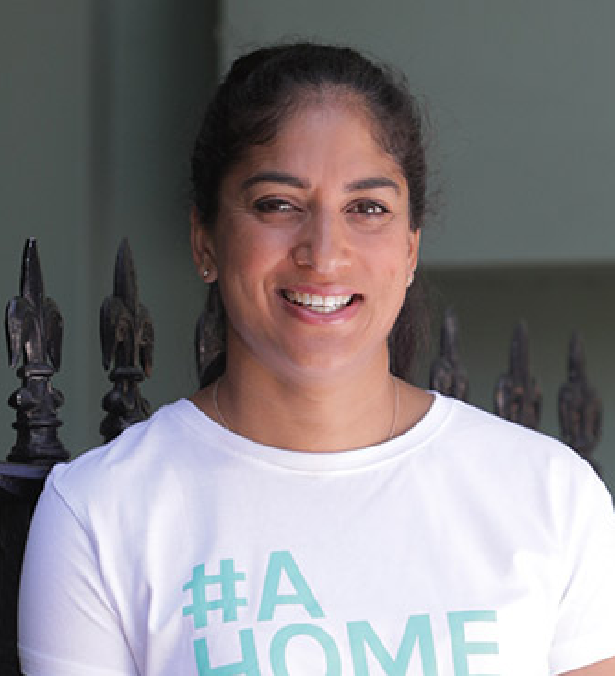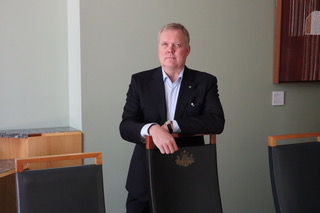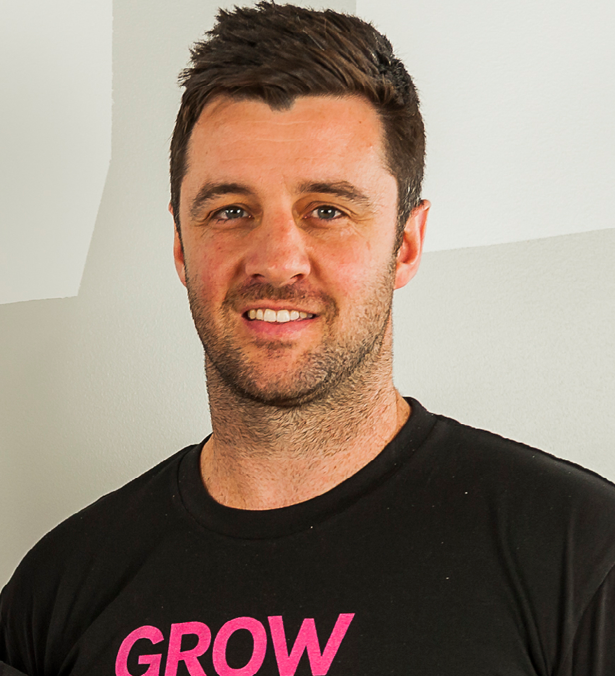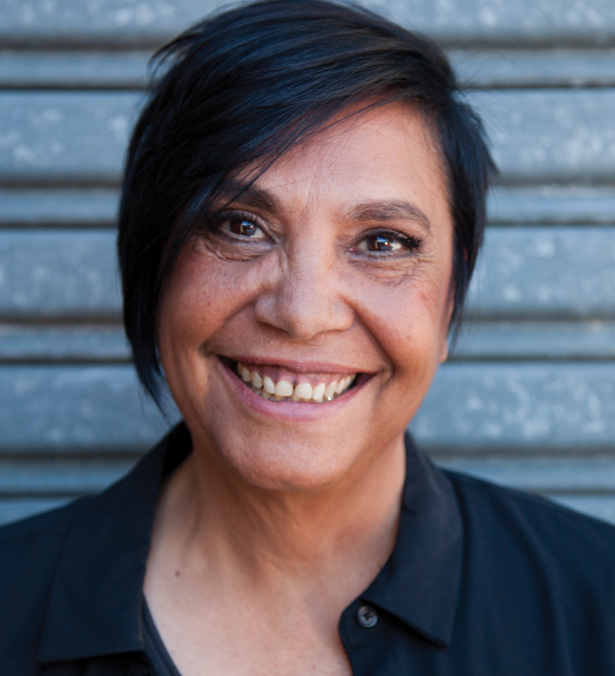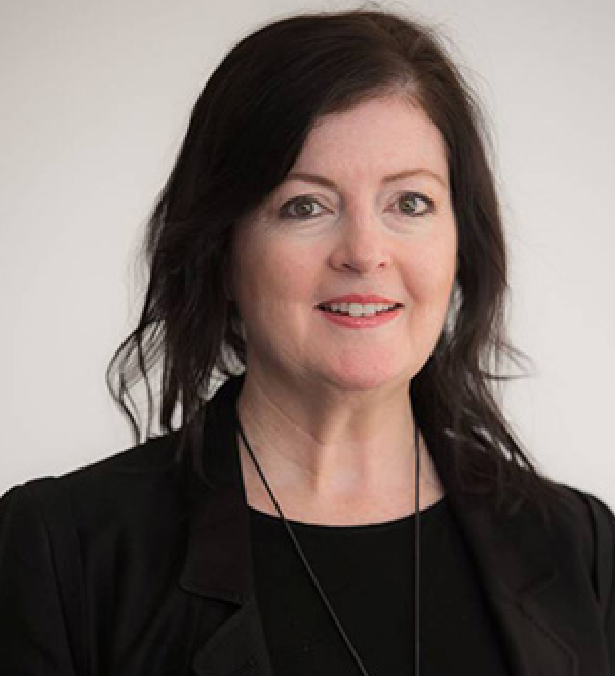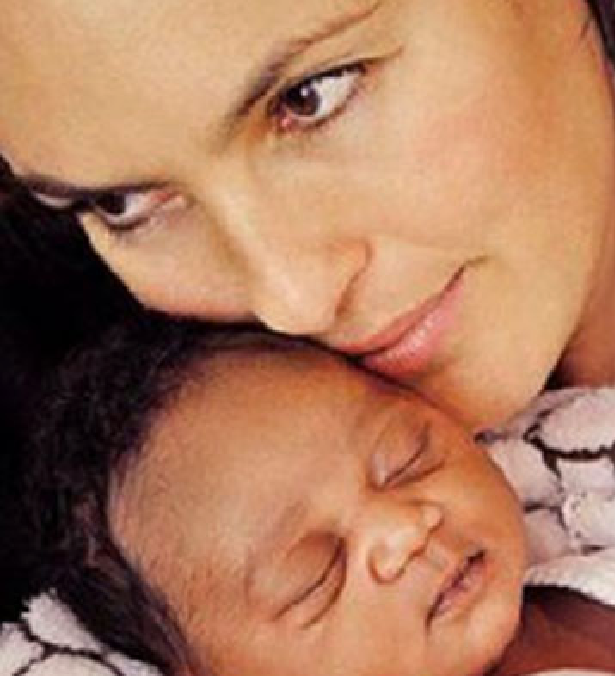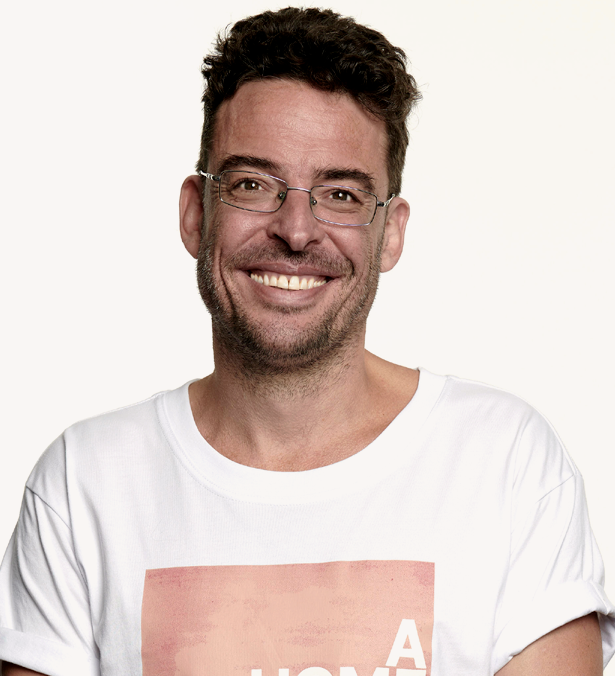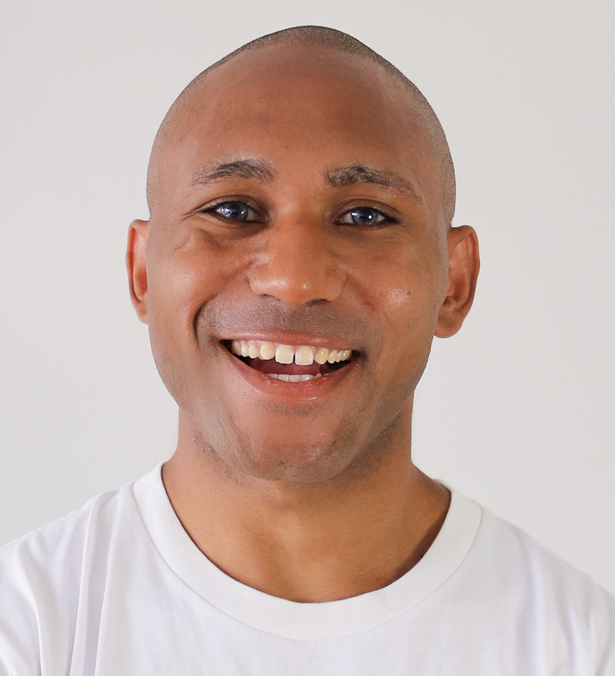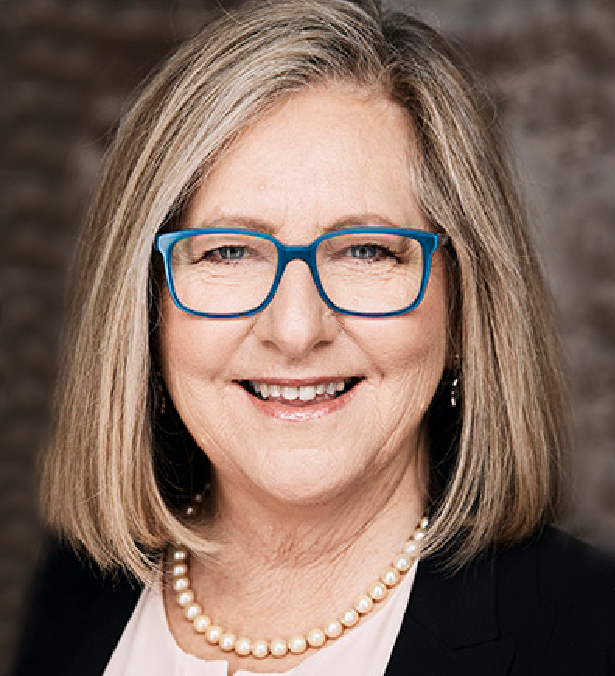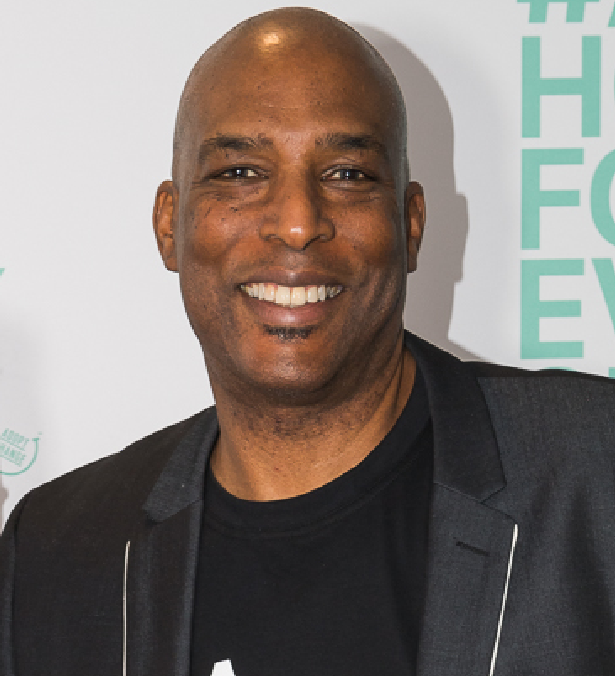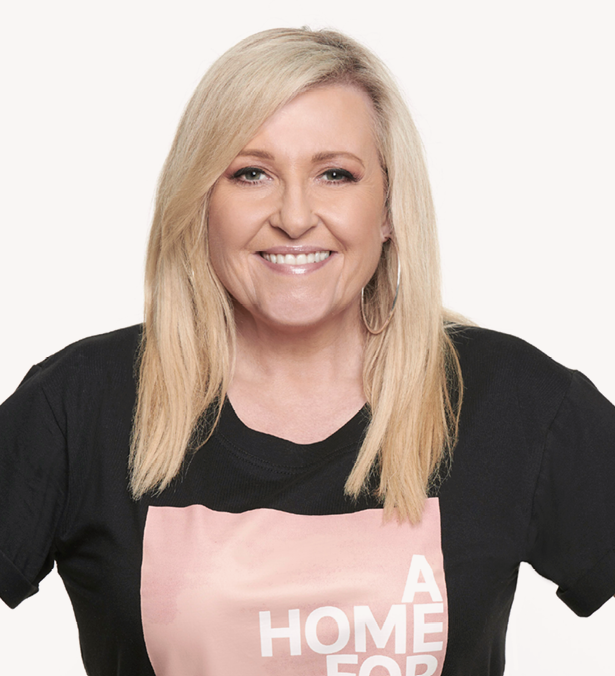Aussie children in group homes are desperate for families
SOURCE: Nine Honey
AUTHOR: Renee Carter
OPINION: Do you remember what it was like to be five years old?
For some of us, our earliest memories are around that time. Or maybe if you have children, you remember how precious they are at this age.
When picturing childhood at this age in Australia, one might imagine a happy child playing with a friend in a grassy backyard, mum or dad packing healthy snacks and a treat for school, falling in the mud during a soccer match, building Lego with the smell of dinner cooking looming in the air, getting tucked into bed at night while being read a story.
And yet for some children in Australia, this is very far from their experience.
I hear the numbers regularly of children who don’t have the opportunity to just experience their childhood in this way.
Of the 4,000 children who aren’t living in home-based care, the reality hits home when I hear specific details rather than just the clinical statistics.
There is a five-year-old in a residential group house; that there is a two-year-old that we are trying to help find a home for who loves books and playing outside; or that there are siblings that are at risk of being separated due to it being hard to find a home for them where they can grow up together.
These are the facts, and they are heart-breaking.
Children in Australia all have the right to grow up in a family home, being cared for and nurtured, with encouragement in their education, access to play and therapeutic services to heal when they have experienced trauma.
Instead, the Australian landscape is so broken that there are young children being housed residential group homes with rostered workers instead of parents.
They are placed with older children and teens, some who are taking drugs, stealing cars… or others ‘self-placing”‘ into homelessness because they feel safe or unhappy in this setting.
It is far too easy for the trajectory of children to be set on this course.
If a child is provided with a stable and nurturing home, their life will not suddenly be free from trauma and difficulty. But they have their own snuggly bed, healthy meals, family outings and someone in their corner to help navigate their path.
If they are not provided childhood in a family home, what future can we expect for them?



